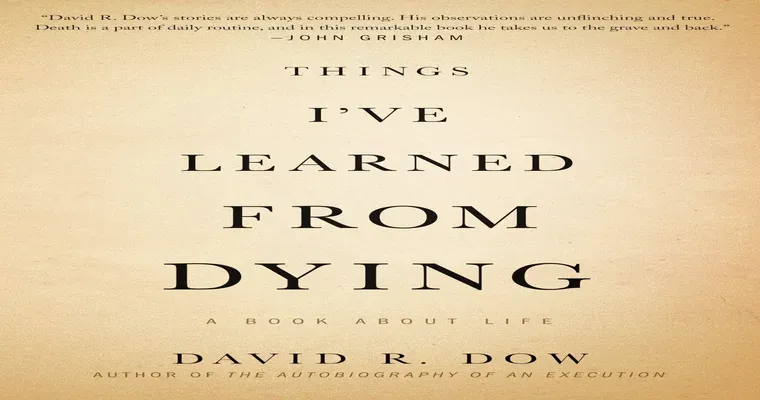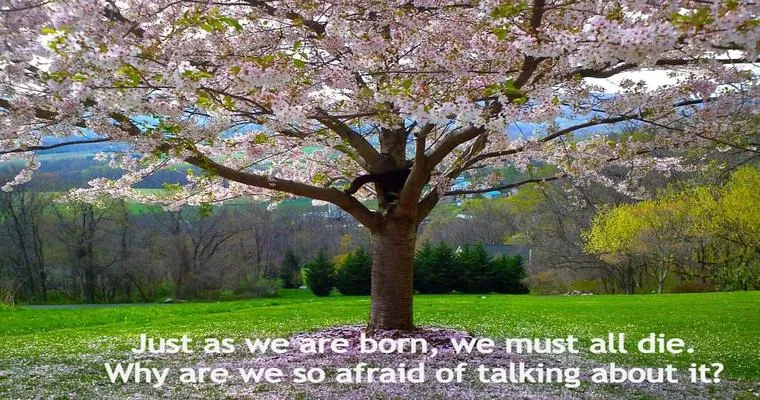In today's fast-paced world, the "topic of death and dying" is often considered taboo, leading to misunderstandings and fear surrounding these natural processes. However, reforming our thoughts on death can lead to a more fulfilling life and a healthier perspective on mortality. By embracing conversations around "end-of-life" issues and redefining our beliefs about death, we can cultivate a deeper appreciation for life itself.
Understanding the "psychological aspects" of death can help demystify the fear that often accompanies it. Many people associate dying with pain, loss, and grief, but by reframing our thoughts, we can see death as a natural part of the human experience. This shift in perspective allows us to view life through a lens of gratitude, recognizing the importance of living fully in the present moment.
One effective way to reform our thoughts on death is through "open conversations". Engaging in discussions about our fears, beliefs, and wishes regarding death can help alleviate anxiety and promote acceptance. Whether it is with friends, family, or professionals, these dialogues can create a supportive environment where individuals feel comfortable expressing their thoughts. This open communication encourages a collective understanding of death and its inevitability, fostering a sense of community and support.
In addition to conversations, we can also explore various cultural and philosophical perspectives on death. Different societies have unique customs and beliefs that shape their views on "mortality". By learning about these diverse perspectives, we can broaden our understanding and appreciate the richness of human experiences surrounding death. This exploration can lead to a more nuanced perspective, allowing us to find meaning in our own beliefs.
Practicing mindfulness is another powerful tool in reforming our thoughts on death. Mindfulness encourages us to live in the present and acknowledge our feelings about mortality without judgment. By incorporating mindfulness practices such as meditation or journaling, we can develop a deeper awareness of our thoughts and emotions surrounding death. This practice can help us cultivate acceptance and reduce anxiety, ultimately leading to a more peaceful outlook on life and death.
Furthermore, we should not overlook the importance of "end-of-life planning". Taking proactive steps in organizing our affairs, such as creating a will or discussing our wishes with loved ones, can empower us and provide a sense of control over our own mortality. This planning can alleviate fear and anxiety, allowing us to focus on what truly matters: living our lives to the fullest.
In conclusion, reforming our thoughts on death and dying is essential for fostering a healthier relationship with mortality. By engaging in open conversations, exploring diverse perspectives, practicing mindfulness, and planning for the future, we can cultivate a more positive outlook on life and death. Embracing this transformation allows us to appreciate the beauty of existence and the inevitability of our shared human experience. Let us begin this important journey to redefine how we perceive death and, in doing so, enrich our lives.





